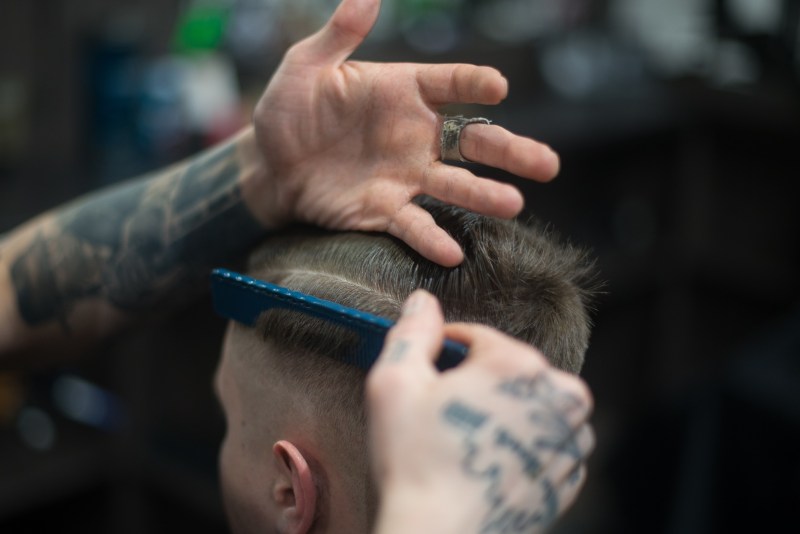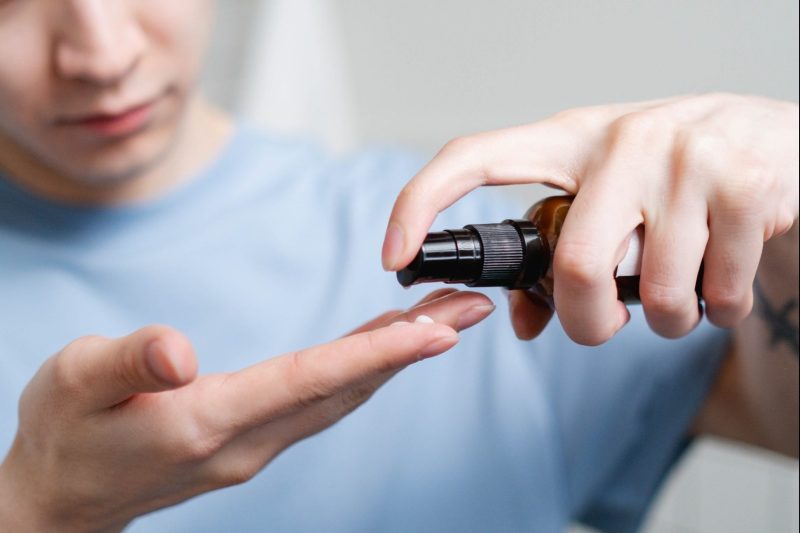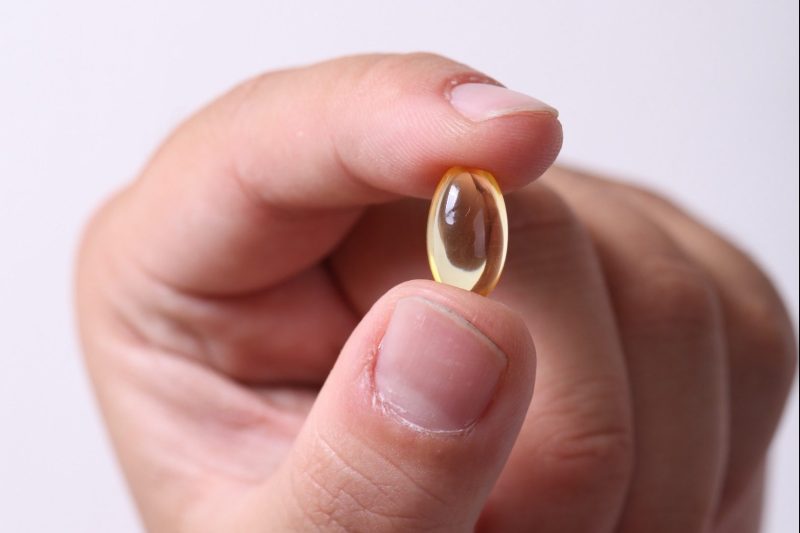
The state of our hair can affect our self-esteem tremendously. Hair loss can be a troublesome problem for many people, whether it’s thinning or just losing its luster. Hair growth products, from vitamins to topical treatments, promise transformational results — but do they actually work?
It depends on which hair growth treatment you try. Our hair quality can change for many reasons, from dietary factors to aging processes. According to haircare researchers, the overall effectiveness of hair growth products comes down to the root cause of hair loss and the type of intervention used.
To better understand how hair growth formulas work, we spoke to two leading experts in the field of aesthetic medicine. Dr. Linda Lee, a double board-certified plastic and reconstructive surgeon, and Diana Gallerani, nurse practitioner and founder of DG Medical Aesthetics, offered valuable insight on the matter. Ahead, we’ll reveal everything you need to know about hair growth products and whether they’re a good fit for you.

Do hair growth products really work?
If you’ve ever had any doubts about whether hair growth products truly work, you can put them to rest. While pharmaceutical interventions are some of the most trusted therapies, several options on the market can successfully treat hair loss. “Multiple FDA-approved medications work for reducing hair loss and shedding and sometimes growing back hair,” Dr. Lee tells The Manual. “Oral and topical Rogaine and Propecia can help the right person. A laser cap or comb, used regularly a few times a week, is safe and can help some people with male-pattern or female-pattern hair loss.”
Plus, there’s more good news on the horizon for those battling thinning hair or hair loss, says Dr. Lee. “We did a study at Harvard on Platelet-Rich Plasma (PRP) injections to see if they would be safe and beneficial in treating hair loss,” Dr. Lee explains. “And it showed that when performed in a series of three treatments (4-6 weeks apart), many patients do receive the benefit of decreasing shedding or, sometimes, increased hair growth. Many other types of regenerative medicine treatments are currently being studied.”
Advanced treatments like PRP injections aren’t quite as accessible as treatments like Rogaine, but you can find them at medical centers nationwide. Platelet-rich plasma injections are unique because they incorporate the patient’s own platelets, which providers inject into targeted areas to stimulate new cell turnover. The average price of PRP treatments may vary, though medical marketplace RealSelf suggests the procedure can cost around $1,000 per session at the time of writing.

Choosing the best hair growth products
Finding the right hair growth product to suit your needs can be challenging with so many options available. Topical treatments, like hair growth serums or oils, are some of the most popular solutions for hair loss. “In short, hair growth oils do work, depending on the product’s properties and the user’s expectations,” says Gallerani, NP. “Hair oils can provide a modest degree of improvement when used correctly — that is, applied to the scalp consistently over a period of time.”
Gallerani has a few suggestions if you’d prefer to use natural products in your hair care routine. “Active antimicrobial ingredients like lavender, peppermint, and tea tree oils keep the scalp healthy, while vasodilators like rosemary oil stimulate blood flow – all of which promote hair growth.” You can purchase holistic hair oil blends or create your own formula using a base of jojoba oil and a few drops of the essential oils of your choice. Another favorite ingredient in natural hair care is castor oil, which you can blend with other carrier oils like jojoba or almond oil.
Recently, many have also turned to rice water for hair growth — an age-old remedy that regularly appears in natural hair care formulas. You can try a softening rice shampoo bar, or simply use fresh, leftover rice water as a rinse in the shower. What’s more, a handheld scalp massage tool with soft, flexible bristles can help distribute hair treatments and improve circulation.
Still, there’s one category that ranks above the rest when it comes to scientifically-backed results. “Prescriptions typically have the edge over home remedies when it comes to potency and clinical research, meaning they are more effective overall,” Gallerani explains. “However, there are outliers based on individual ingredients and users. For example, recent research showed that massaging rosemary oil into the scalp yielded comparable hair growth to using 2 percent Minoxidil, a clinically proven topical treatment for hair loss.” Thus, you may want to start off with a single-ingredient intervention like rosemary oil before experimenting with more advanced options. In any event, Gallerani stresses the importance of consistent application with whichever treatment you pursue.

Natural remedies and vitamins for hair growth
Of course, topical treatments aren’t the only strategy you can use in the fight against hair loss. If you’re thinking of incorporating hair vitamins, there’s one thing you should know. “Hair loss is multifactorial, meaning any one vitamin won’t be effective on its own,” says Gallerani. As such, it’s best to choose blended multivitamins or supplement formulas aimed at promoting healthy hair rather than trying your luck with single-ingredient products.
When selecting vitamins for hair growth, there are several factors to consider. “Look for supplements that include B vitamins, biotin, marine collagen, ashwagandha root, and Vitamin D, the latter of which helps regulate the production of keratin — the protein that comprises hair,” Gallerani advises.
Perhaps most importantly, says Dr. Lee, you should know that hair loss can stem from stress, illness, or sudden weight changes. If you’re aiming for healthier hair, it’s best to go slow when trying new hair growth treatments, whether topical or internal. “Do not introduce too many products simultaneously, as this can worsen things,” Dr. Lee warns.
Furthermore, Dr. Lee suggests visiting your doctor or specialist for medical testing, such as blood work, prior to switching things up. “High mercury levels from too much fish in your diet, irregular thyroid levels, and low iron levels are just a few easily treatable causes of hair loss which should always be ruled out before introducing any new products to your hair care regimen.” Once you get a better picture of your health, you can confidently move forward with your hair care routine.



